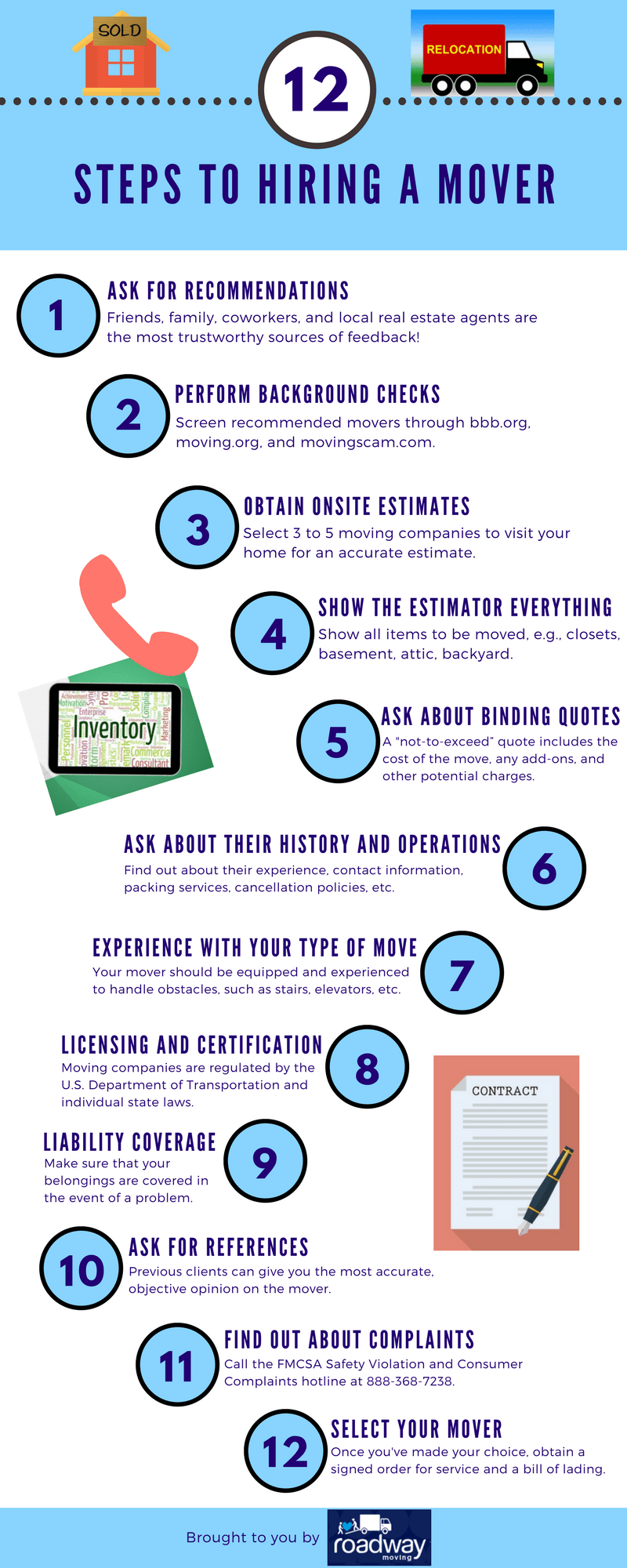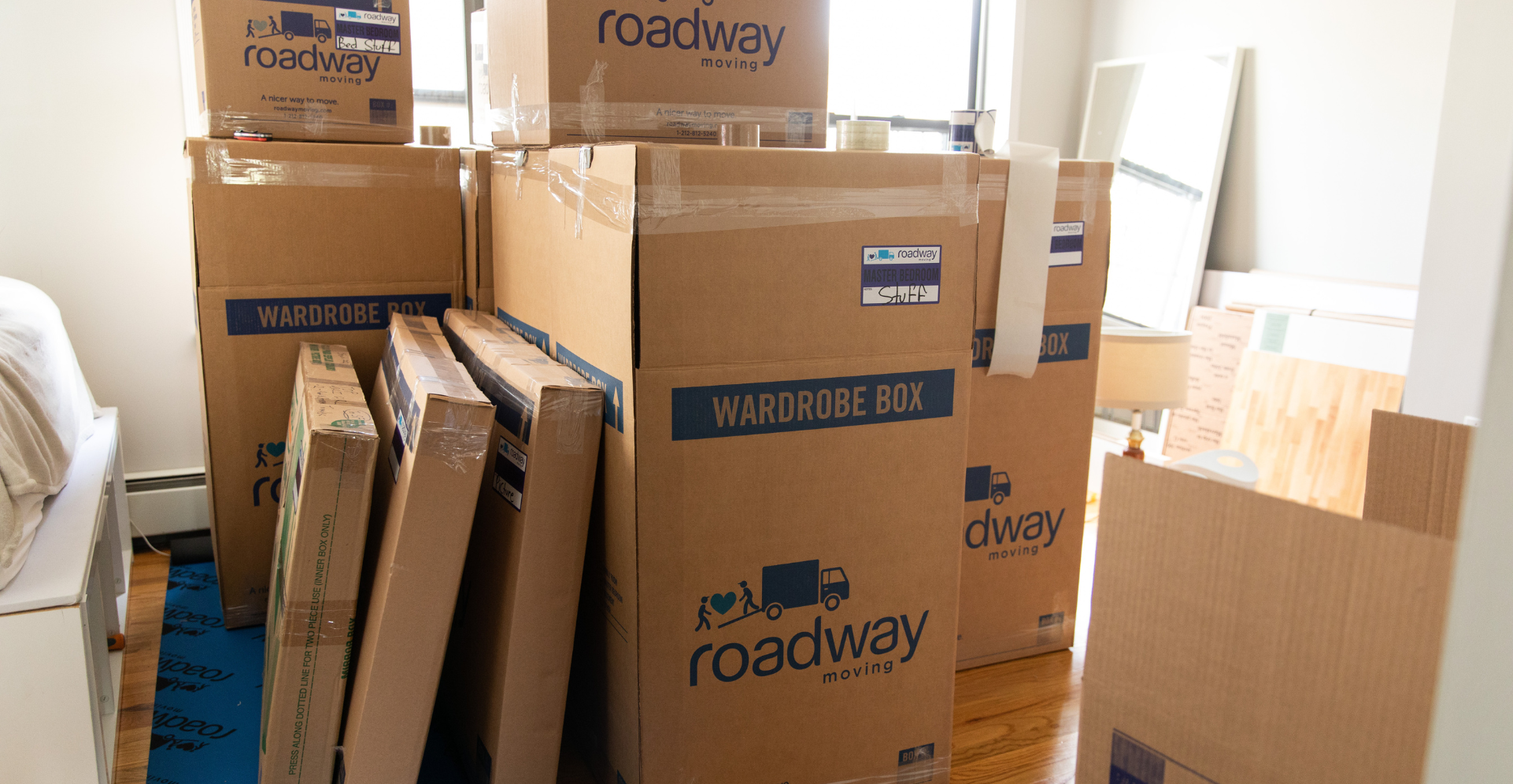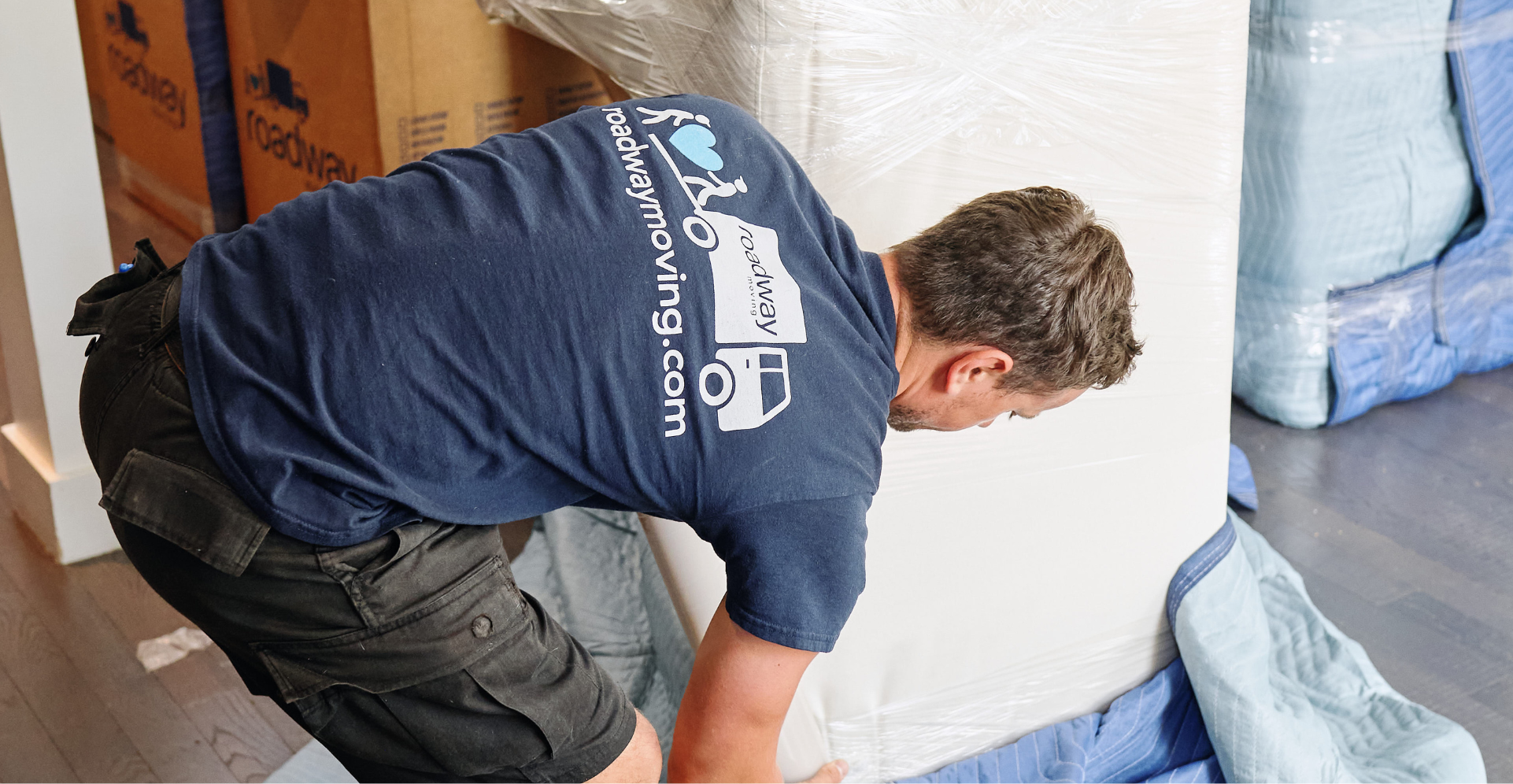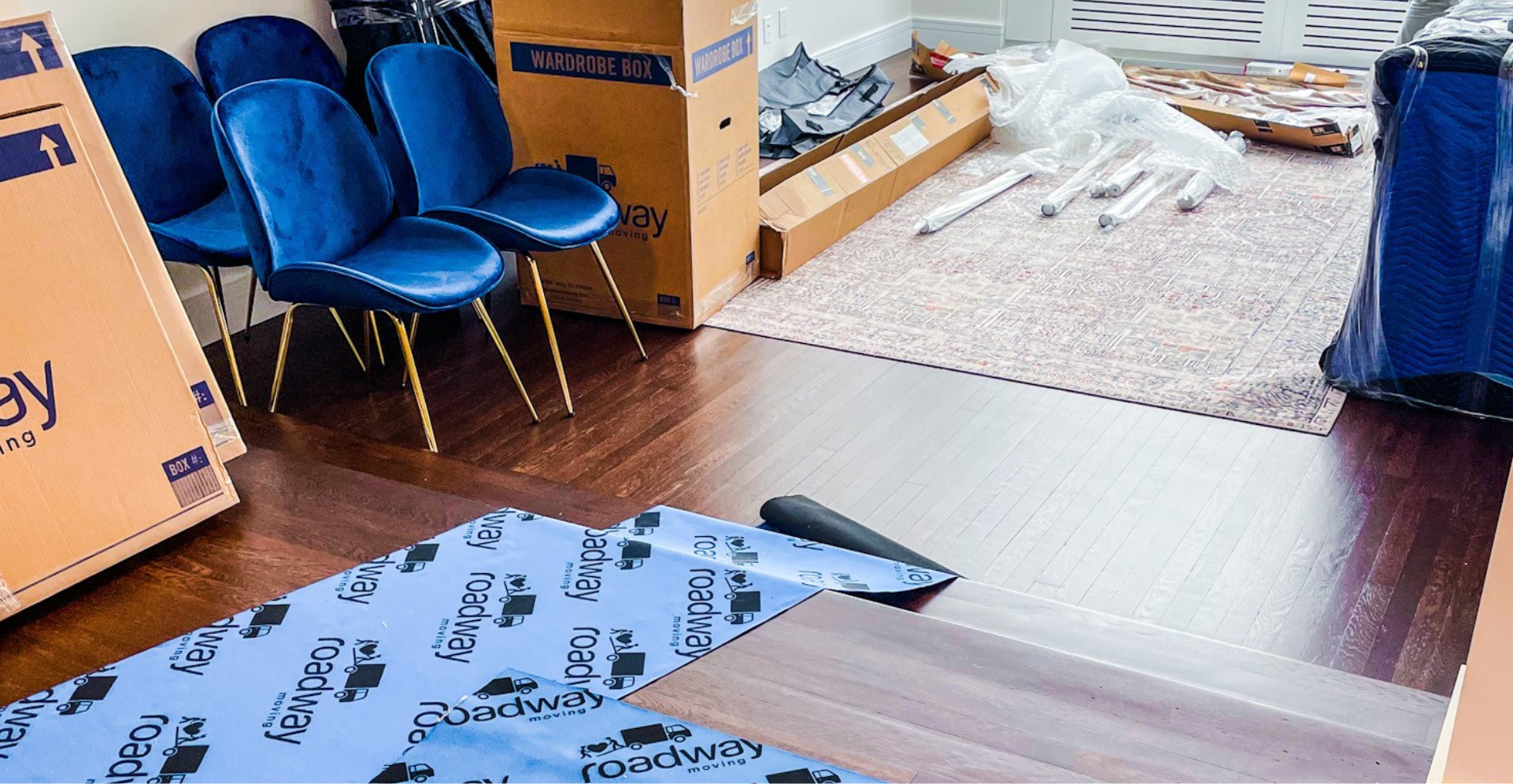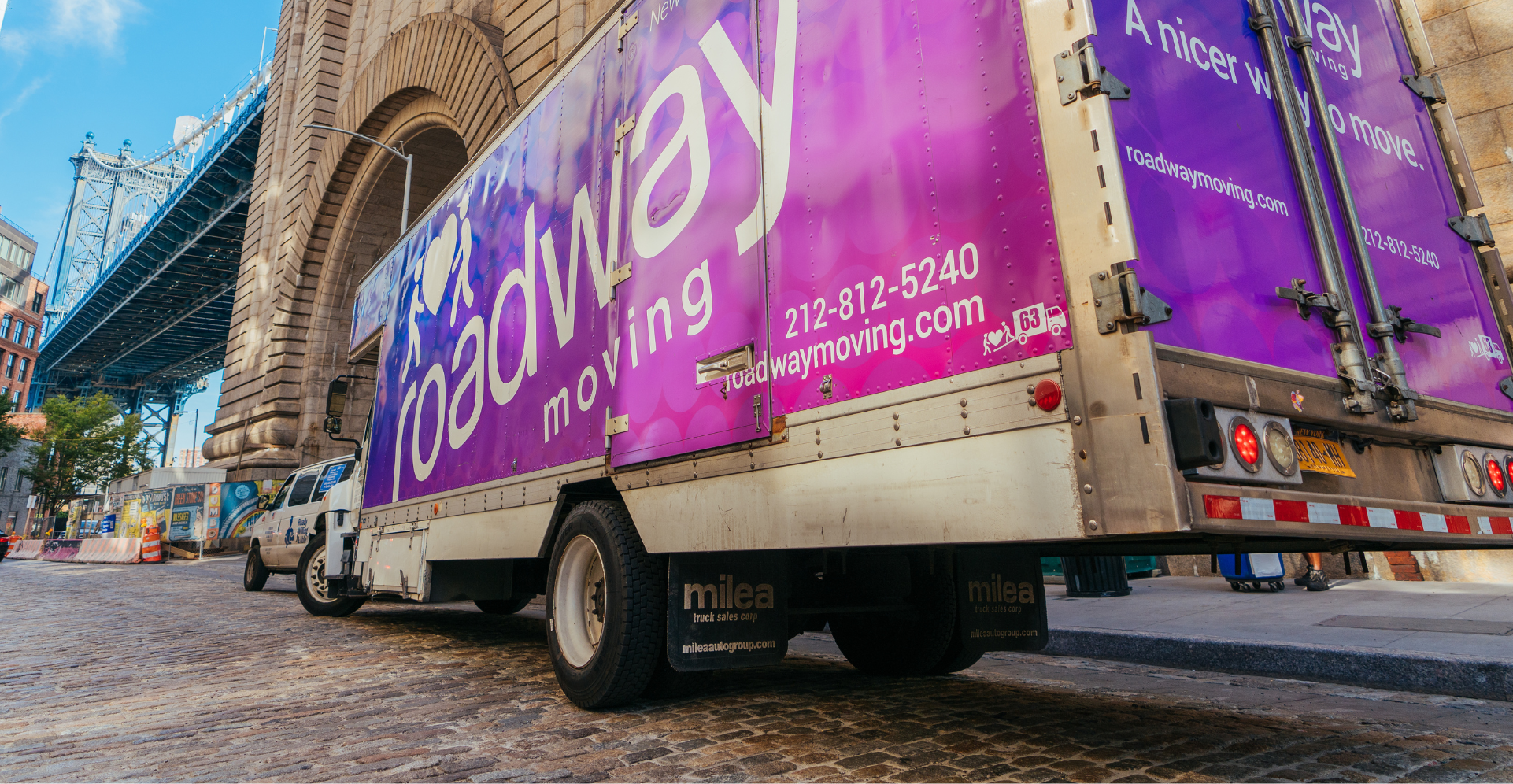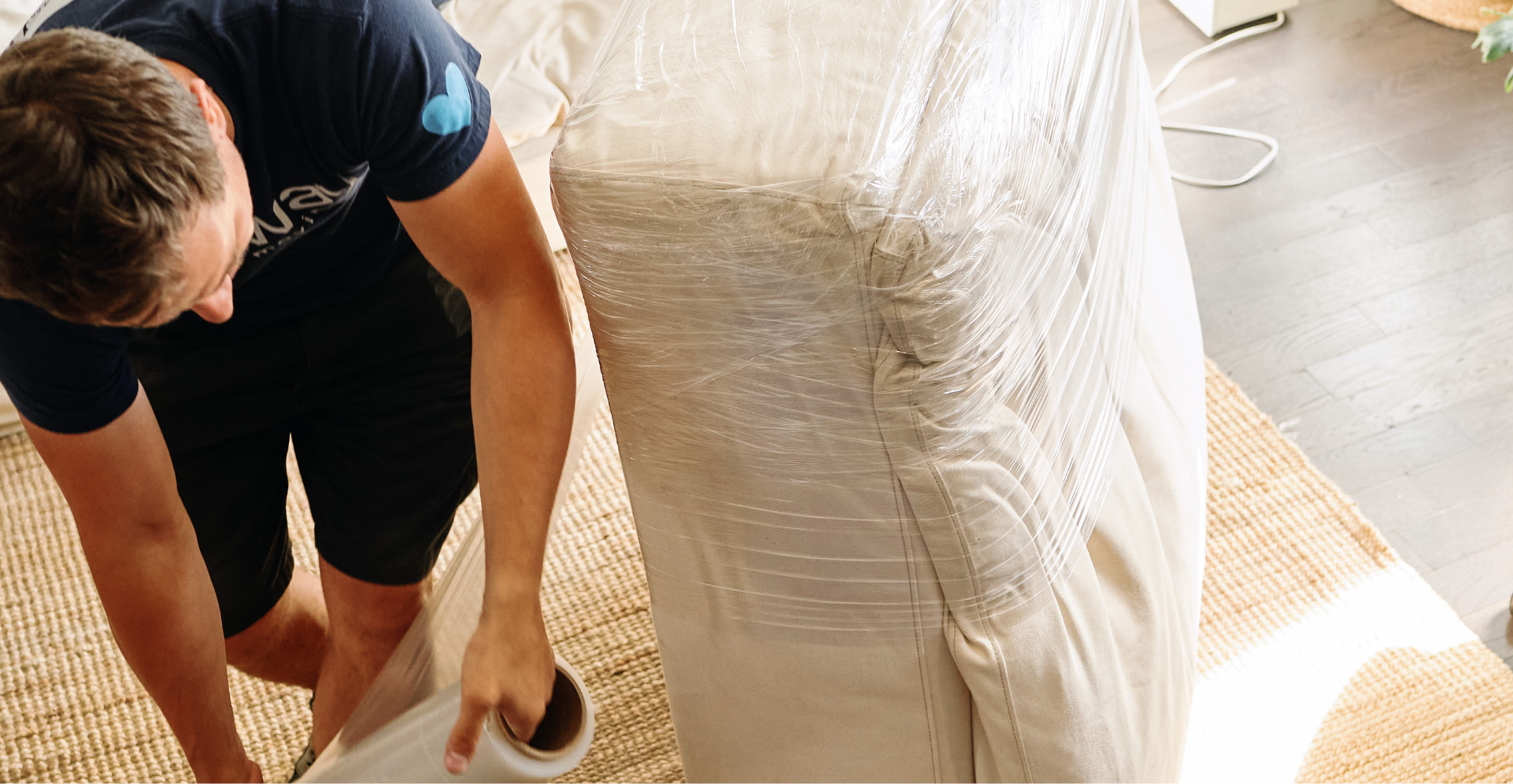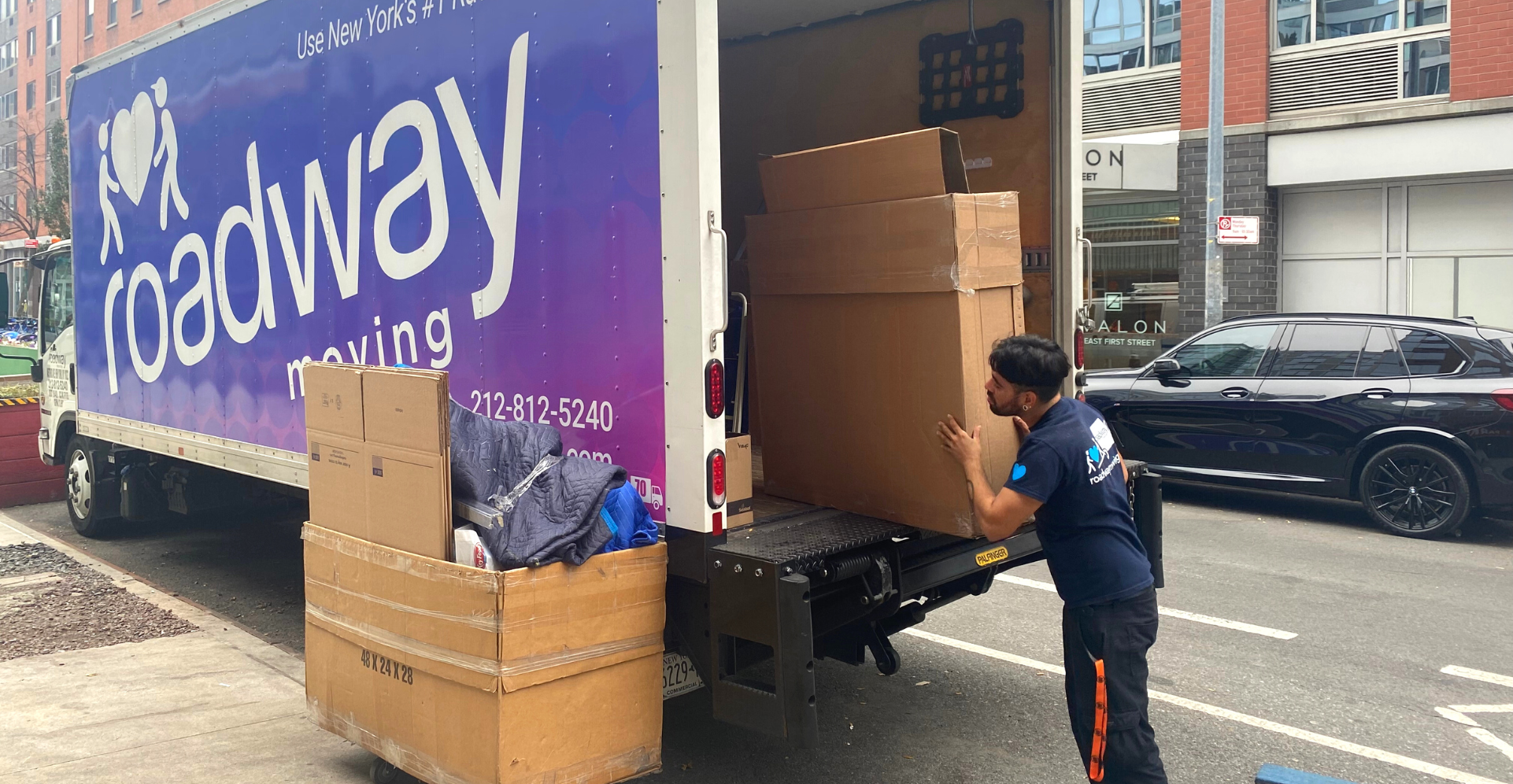Choosing a well reviewed moving company is one of the first steps to consider during the moving process. In fact, hiring a mover is not something that should be taken lightly, as there are numerous unprofessional individuals out there whose primary goal is to take your money. Perhaps they may indeed be in the business of moving, but a lack of proper licensing may place your meticulous planning and your belongings at risk.
This is one of the many reasons why knowing how to choose a moving company is a must!
12 Steps to Hiring a Mover
The following is a step-by-step checklist for choosing a moving company:
1. Ask for recommendations – Friends, family, coworkers, as well as local real estate agents are the most trustworthy sources of feedback on a mover. Do not assume that a big-name company you found online is the best, or that third-party companies who offer to find you a mover are a good source.
2. Perform background checks – Take your list of recommended movers and perform an initial background check on each. Consider screening them through the Better Business Bureau (bbb.org), the American Moving and Storage Association (moving.org), and consumer advocacy sites such as movingscam.com.
3. Obtain onsite estimates – Select three to five companies to visit your home for an accurate estimate. Local estimates are based on the amount of time the move will take, whereas interstate estimates are based on the weight of the items and the distance of the move. Most companies will offer a free moving quote
4. Show the estimator everything – When the estimator arrives at your home, it is important to show them all the items to be moved. This includes items inside closets, the basement, the attic, and the backyard. This is also a good time to alert them to any issues that might complicate the move, such as stairs, obstacles, etc.
5. Ask about binding quotes – If you do not want surprise costs during the move, find out whether the mover offers “not-to-exceed” quotes. These should include the cost of the move as well as any add-ons and other potential charges accrued throughout the process.
6. Ask about their history and operations – Find out as much as possible about their experience (10+ years is preferable), all relevant contact information from estimate and through moving day, whether they subcontract the move at any point, packing services, cancellation policies, etc.
7. Do they have experience with your type of move? If you are moving to an apartment building or a multistory townhome, for instance, your mover should be properly equipped and experienced to handle obstacles, such as stairs, elevators, parking restrictions, etc.
8. Are they properly licensed and certified? Make sure that the company is not a scammer or rogue mover. Interstate movers are regulated by the U.S. Department of Transportation, while local movers are regulated by individual state laws.
9. Do they have liability coverage? It is important to make sure that your belongings are covered in the event of a problem during the move. Every professional mover should be able to offer coverage options as well as show you their own insurance policy.
10. Ask for references – Before you can truly trust a moving company with your belongings, it is important to ask for references and call them. Previous clients can give you the most accurate, objective opinion on the mover.
11. Find out about previous complaints – The simplest way to do so is to call the Federal Motor Carrier Safety Administration (FMCSA) Safety Violation and Consumer Complaints hotline at 888-368-7238.
12. Select your mover– Once you have followed the above set of steps, you should feel confident about your choice. When you make formal arrangements for the move, make sure to obtain a signed order for service and a bill of lading.
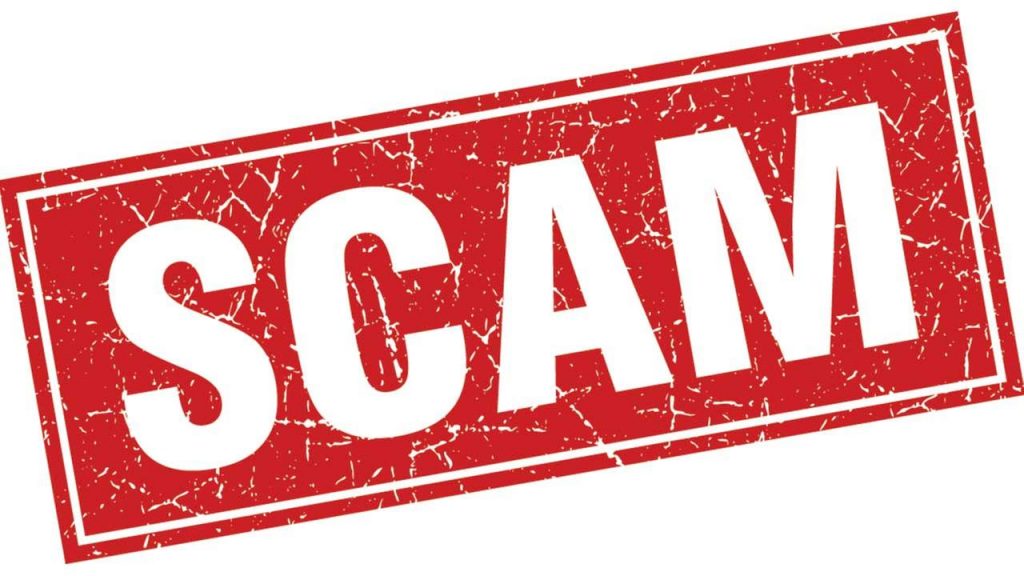
How to Protect Yourself from Moving Scams
Knowing the important questions to ask before hiring a moving company is only the first step. The next step is learning how you can avoid being scammed by a mover, as this industry is teeming with scammers who have no intention of performing a service whatsoever.
The following is a list of red flags to watch for when deciding on a moving company:
• A “front” company – Make sure that the mover does not have a virtual office but a true brick-and-mortar location.
• An unbranded truck – A moving truck must always have the company logo prominently printed on it.
• Partial contracts – A contract must have multiple pages, including an inventory list, with all fields filled in before you can sign it.
• Deposit requests – A common scenario with disreputable companies is that they take the money and disappear without performing their job.
• Cash requests – Paying cash provides no clear evidence that the transaction took place.
• No insurance – A reputable company will typically offer coverage to protect your investment and belongings during the move.
• No claims policy – In the event of loss or damage, the moving company must have a readily available, easy-to-use claims policy.

How to Deal with Bad Movers
Unfortunately, many homeowners who forego learning how to spot a bad moving company will often end up having a negative experience. Be it surprise costs, rude or incompetent moving staff, broken or missing items, or a late delivery, remember that there is always a way to deal with bad movers.
Consider the following options:
• Speak directly with your moving company – Trying to resolve the issue in a calm, reasonable manner is always a great first step. Explain the details of the situation, present photos and other evidence, and request a fair resolution.
• Provide an objective overview of what they have done wrong – including the poor conflict resolution. A company that does not want its reputation tarnished may follow up with you on resolving the problem in exchange for correcting your review.
• Escalate the issue with a formal complaint – Leading authorities include the Federal Motor Carrier Safety Administration (FMCSA), the American Moving and Storage Association (AMSA), and the Better Business Bureau (BBB). You can easily find their complaint forms online.
• File a lawsuit – If the first three options fail to deliver satisfactory results, you might consider filing a lawsuit against the mover in a small claims court. However, it is important to weight your losses and obtain good legal advice to ensure that it is worth the time and effort.
Finding a Reputable Company is Easy!
All you have to do to find a verified mover* is to look on the following websites:
safersys.org
moving.org
* The motor carrier (MC) number for Roadway Moving is 671325.
Finding a verified mover whom you can trust takes up a lot of time, and hence it should be done at least two months prior to your moving date. The more you know about choosing a moving company and avoiding moving scams, the more you are guaranteeing a pleasant moving experience for yourself and your family.
Roadway Moving: A Mover You Can Trust!
Roadway Moving has been rated the #1 mover in New York City for our skill and dedication to customer service. We are fully certified by the American Moving and Storage Association and we have earned an A+ rating from the Better Business Bureau.
The next time you move, please do not hesitate to contact us for a free onsite consultation!

